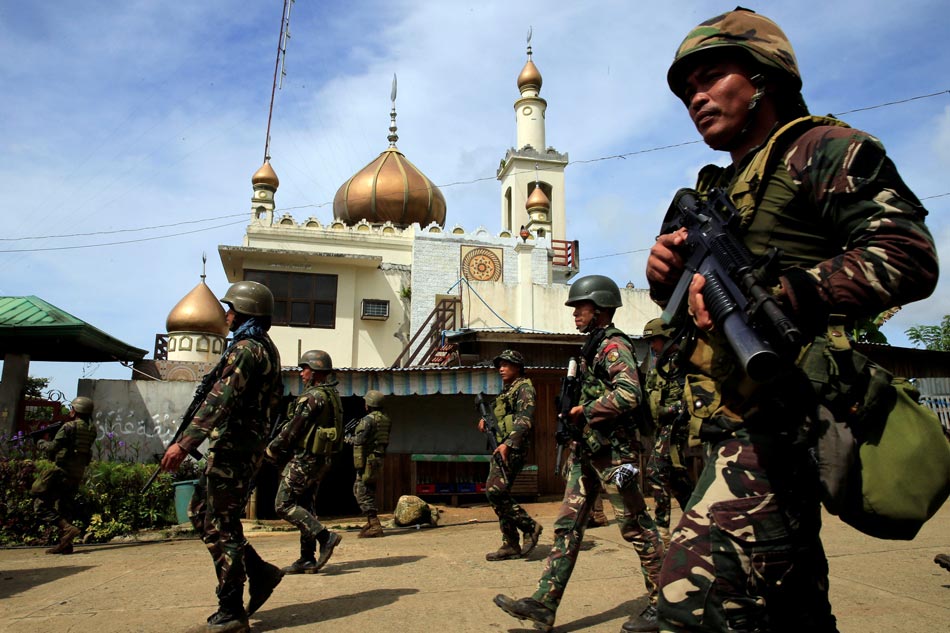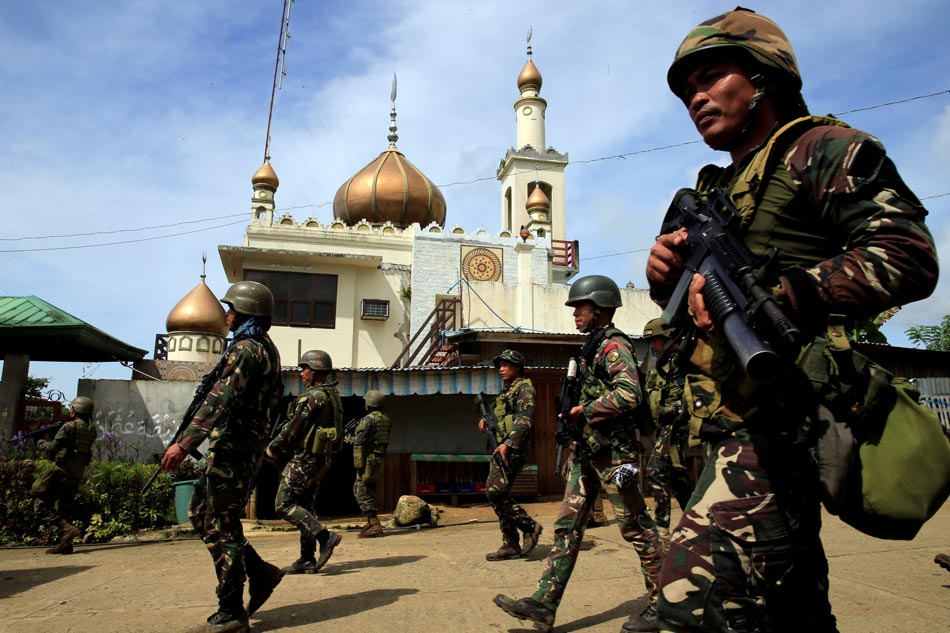A representative of the Philippine government tourism office said martial law has been extended for another 5 months. A joint special session of the Senate and House of the Representatives approved with a majority vote extending the proclamation of martial law for the entire island of Mindanao, in the southern Philippines this Saturday.
In the rest of the country, specifically popular tourist destinations like Manila, and resort islands of Palawan and Boracay, it’s life as usual. Travelers in Mindinao may have to deal with returning to their hotels due to curfew or being stopped in their vehicles at police checkpoints before continuing on their journeys.
The declaration of Martial Law was issued by President Rodrigo R. Duterte on May 23, 2017, after a group of terrorists pledging allegiance to Da`esh or the Islamic State of Iraq and Syria siege the Islamic city of Marawi to establish a caliphate in Southeast Asia.
The extension of Martial law which suspends the writ of habeas across Mindanao is aimed to continue military-led operations across the island against to contain the spread of terrorists in the region.
The continuing military clean-up of Marawi city has resulted in the deaths of 578 people based on estimates of the Armed Forces of the Philippines. Sixty-one days since the start of the conflict, the city remains isolated and residents are still barred from returning to their homes. A few remain straggling terrorists continue to engage in urban warfare – mostly mobile snipers in thwarting government forces from fully liberating the city.
The Senate and House vote will extend the martial law conditions until December 31, 2017, wherein the Secretary of National Defense serves as administrator of the Martial law regime.
The declaration of Martial law is opposed by numerous sectors in Philippine society as abrupt and unnecessary, leading to a possible abuse of its discretion as experienced during the regime of Dictator President Ferdinand E. Marcos from 1972 to 1981 where human rights and civil liberties were violated. A peaceful people led and military-backed revolution ousted Marcos in 1986 and restored democracy in the Philippines.



